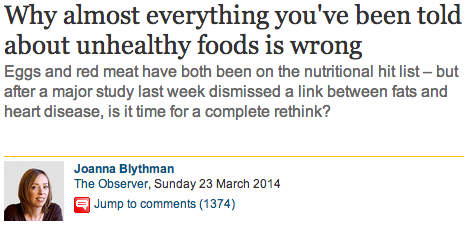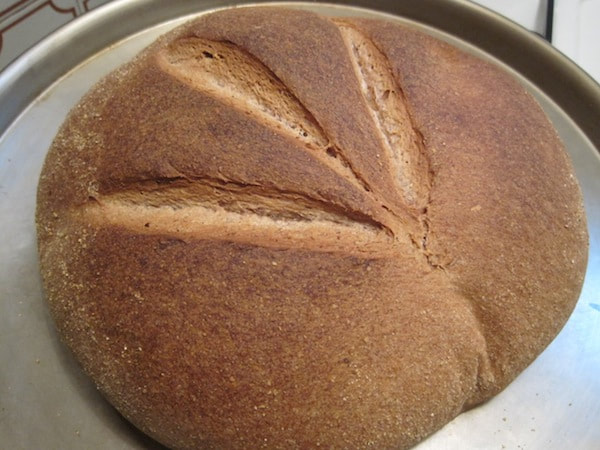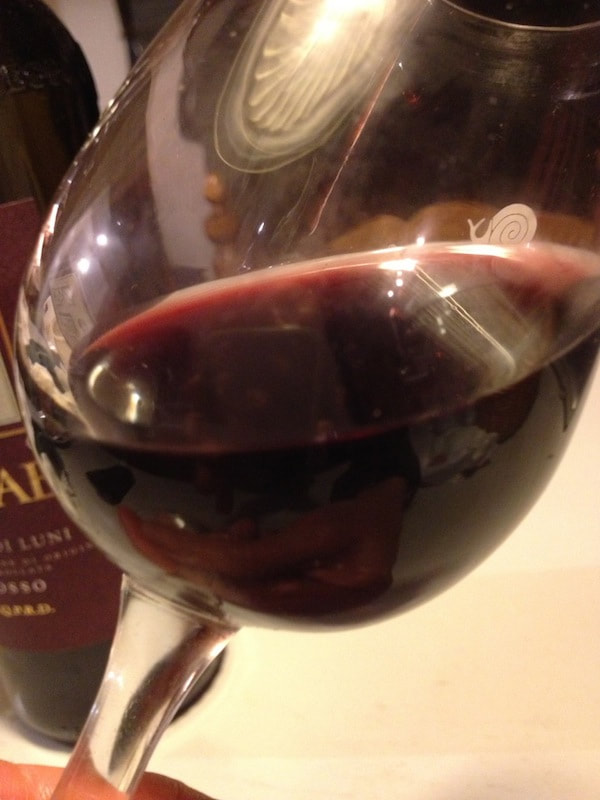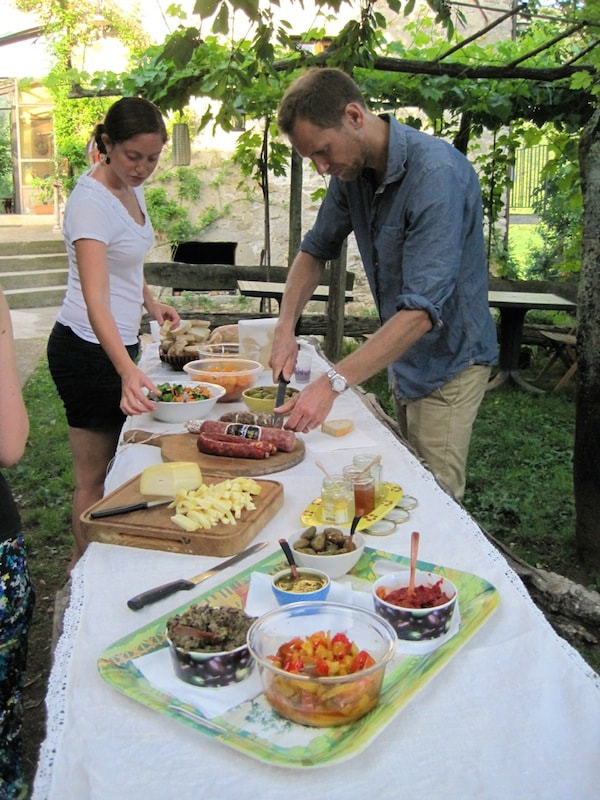|
I feel vaguely uncomfortable every time I hear the phrases ‘healthy eating’ and ‘balanced diet’. It’s not that I disapprove of eating healthily or balancing my diet, it’s just that I’m not sure we can ever know what these terms mean. A recent article in The Guardian newspaper by Joanna Blythman highlighted the problem. Click here to read the whole article. It’s worth browsing a sample of the 1,374 comments too. What tempted me to add my voice to the throng is that I think there’s something much more fundamental wrong with what we’re told. I once took part in a UK medical research project aimed at discovering links between diet and women’s health. Every so often they asked me to fill in an online form giving details about what I’d eaten the day before. The designers of the project and the form clearly didn’t have me in mind. For example, in the section asking how many slices of bread I ate, they asked whether it was white or wholemeal, but there was nowhere to say I’d baked it myself using stoneground, organic wholewheat flour I’d bought from the miller. Nor to state it didn’t contain any flour improvers and was made by a long-rise sourdough method. Although I believe it’s healthier than mass-produced bread, do I know for sure? No, and this study wasn’t going to reveal the answer. Another major problem with all dietary research based on surveys is that people lie. Do you want the researchers, or even yourself, to know that you ate three Kit Kats and drank a whole bottle of wine yesterday? And what about the problem of the long-term effects of particular substances? In the laboratory biologists can test the effect on animals of chemicals occurring in food, either naturally or as additives during cultivation or processing. But as far as I know it’s difficult, maybe impossible, to test the effect of ingesting that substance for 20 or 50 years.
The last of my doubts about dietary advice stems from genetics. We’re all different. One person might live to 100 eating nothing but red meat and fat, whereas another dies of a heart attack at the age of 52. Was it their diet or their DNA? Many years ago when asked on her 120th birthday to what she attributed her longevity, the oldest woman in France replied it was giving up smoking when she was 118. On my tours you eat unprocessed food, much of it straight from the artisan producer. In my opinion it tastes much better than industrial food, but I can’t claim it makes you healthy. Next chance to taste for yourself is the Cheese, Bread & Honey tour in June (http://www.sapori-e-saperi.com/component/content/article/2-small-group-tours/56-cheese-bread-a-honey).
0 Comments
Your comment will be posted after it is approved.
Leave a Reply. |
Email Subscription
Click to subscribe to this blog and receive notifications of new posts by email. AuthorErica Jarman Categories
All
Archives
October 2023
|
|
copyright 2017 sapori-e-saperi.com | all rights reserved
|
Website by Reata Strickland Design





 RSS Feed
RSS Feed



